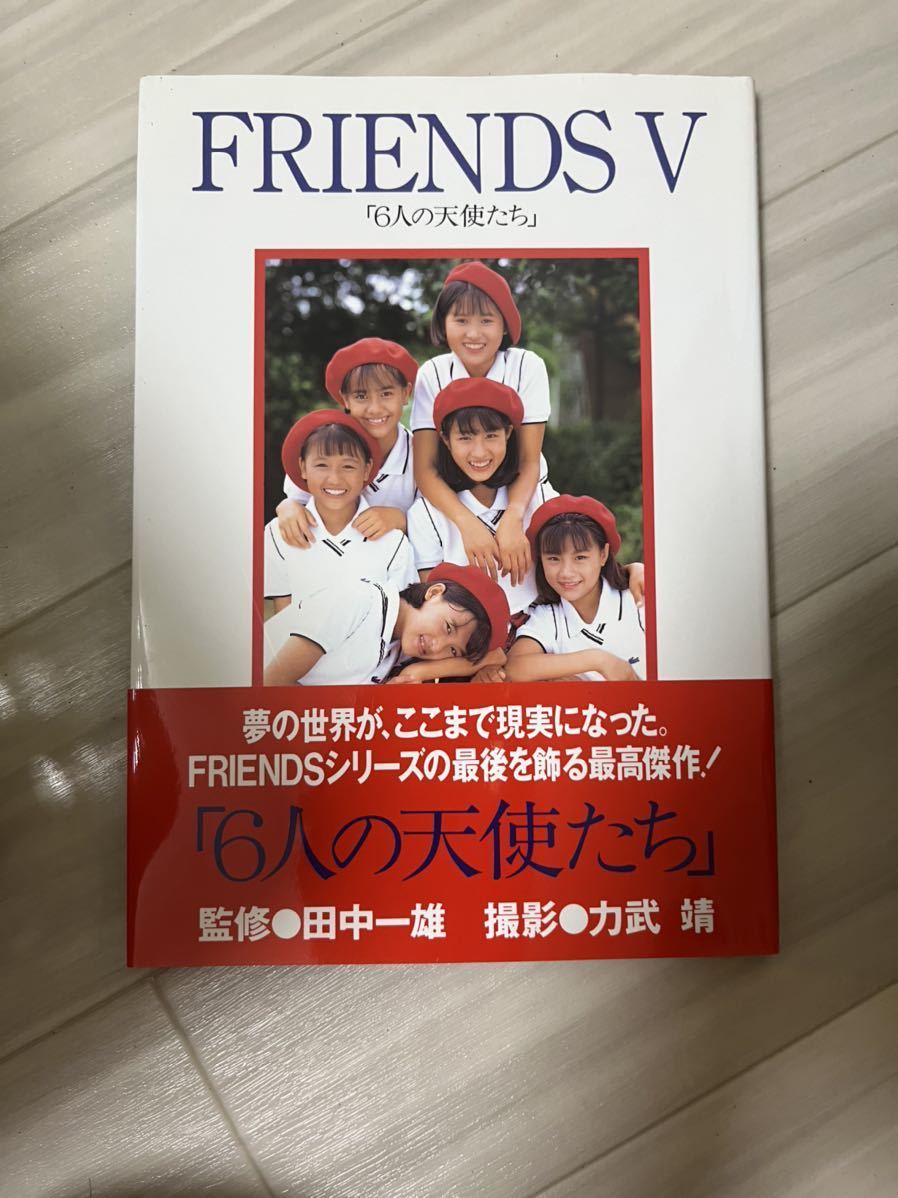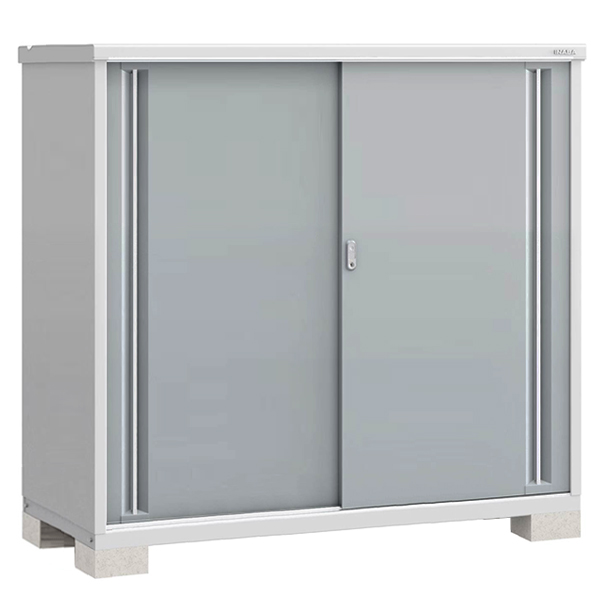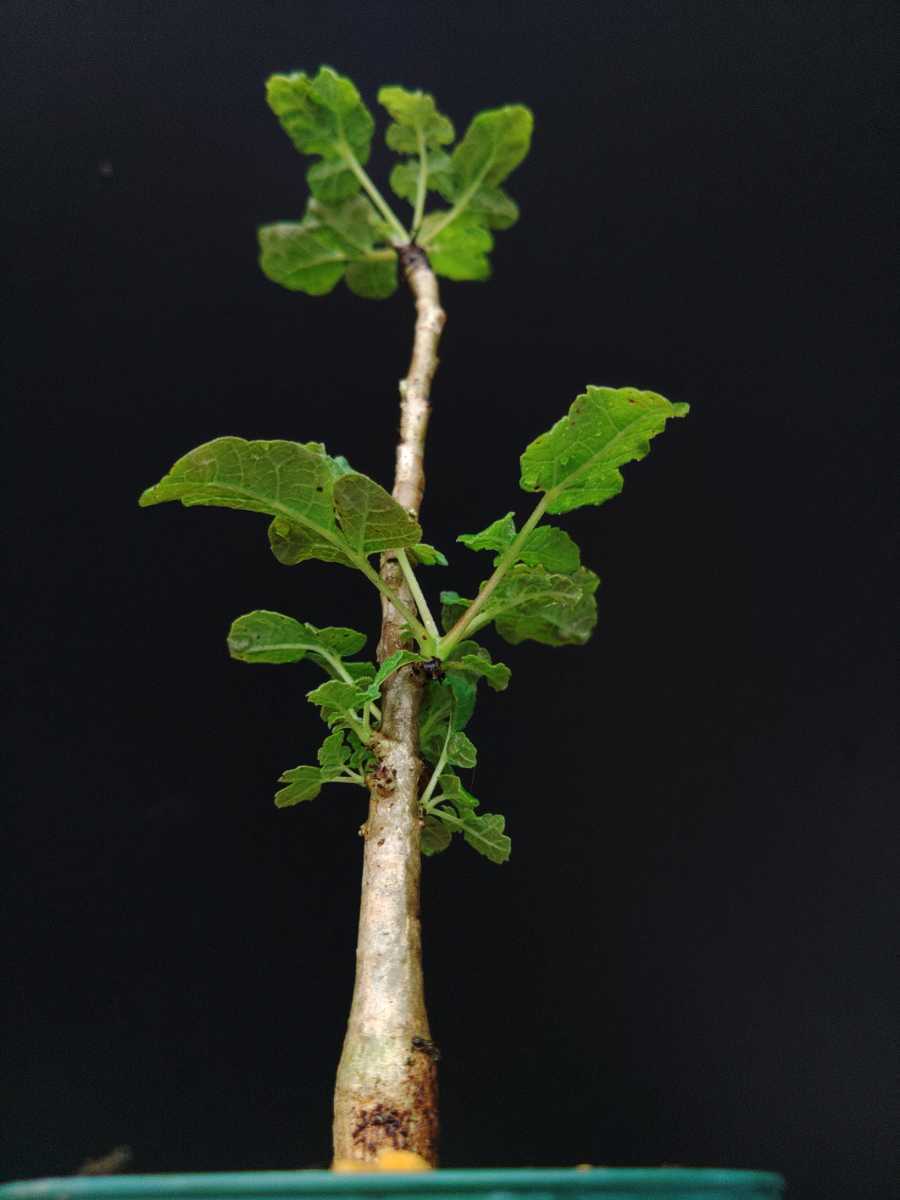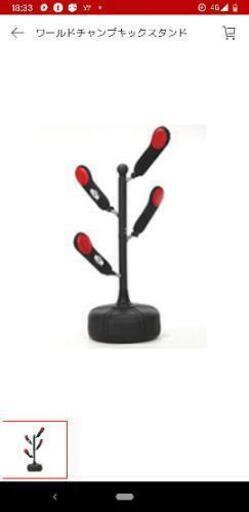-
シーンから探す
- 腕時計(アナログ)
- 工具、DIY用品
- その他
- コスプレ
- その他
- 大阪府の家具
- ウイスキー
- メンテナンス用品
- その他
- 植物/観葉植物
- ひざ丈ワンピース
- 鉄道模型
- オーディオ機器
- サングラス/メガネ
- オーディオ機器
- フラワー/ガーデン
- その他
- シャツ
- 車用品
- チェスト・キャビネット
- その他
- 工具/メンテナンス
- マウンテンバイク
- 住まい/暮らし/子育て
- その他
- 三輪車/乗り物
- その他
- オーディオ機器
- スポーツ別
- バイクウエア/装備
- ドラゴンボール
- 観葉植物
- アイドル写真集
- アクセサリー(女性用)
- 工芸品
- アート/エンタメ
- シングルベッド
- ひざ丈スカート
- ベッド
- キャラクターグッズ
- テーブル/チェア
- 個人装備
- マリンスポーツ
- 食器
- ウエア(男性用)
- その他
- ミニカー
-
贈る相手から探す
- 家庭用ゲーム本体
- アイドル
- アイドル
- タイヤ、ホイール
- バイク用品
- 兵庫県の食品
- レコード
- その他
- 自動車
- リュック/バックパック
- ピアス(両耳用)
- 工具、DIY用品
- その他
- 傘
- その他
- その他
- その他
- 野菜
- マフラー
- マッサージ器
- 周辺機器
- 武具
- 素材/材料
- バッグ
- スマートフォン本体
- ブーツ
- 健康飲料
- インテリア小物
- 植物/観葉植物
- スニーカー
- その他
- ミニカー
- 折りたたみ自転車
- 健康/医学
- キャラクターグッズ
- アート、エンターテインメント
- 印刷物
- メンズファッション
- 外国自動車用パーツ
- 腕時計(アナログ)
- その他
- ポケモンカードゲーム
- デニム/ジーンズ
- 日用品/インテリア
- その他
- ダイニングテーブル
- 自転車
- ダウンベスト
- ベスト/ジレ
- 人文、社会
- サッカー/フットサル
-
カテゴリから探す
- 虫類用品
- パーツ
- スポーツ別
- 趣味/おもちゃ
- その他
- ダイニングチェア
- トレーニング/エクササイズ
- オートバイ
- 調理器具
- サスペンション
- ロードバイク
- TVドラマ
- ネックレス
- パーカー
- 調理器具
- 雑誌
- アクセサリー
- コミック/アニメ
- テーラードジャケット
- 模型/プラモデル
- 千葉県のおもちゃ
- オートバイ
- スポーツ別
- スタジャン
- 工芸品
- トイガン
- 置物
- メンズ シューズ
- 車内アクセサリー
- ショルダーバッグ
- キッチン収納
- コレクション、趣味
- その他
- ダウンジャケット
- 生活家電
- 東京都の生活雑貨
- 棚/ラック
- ドリンク、水、お酒
- その他スポーツ
- 長財布
- 北海道のその他
- その他
- 自動車
- キッズ/ベビー
- ピーコート
- おまとめ注文・法人のお客様
名探偵コナン ハロウィンの花嫁 韓国 映画特典カード 節約
-
商品説明・詳細
-
送料・お届け
商品情報
ハロウィンの花嫁 韓国 映画特典 レンチキュラーカード 諸伏景光 降谷零 映画特典カードは角度によって絵柄が変わる仕様です。新品未使用ですが、初期傷・初期擦れ等あるかもしれませんのでご了承ください。 簡易補強、水濡れ防止の上発送いたします。 即購入可 バラ売り× キャラクター···コミック・アニメ・ゲーム グッズ種類···カード・シール
残り 3 点 9,800円
(205 ポイント還元!)
翌日お届け可(営業日のみ) ※一部地域を除く
お届け日: 12月26日〜指定可 (明日17:00のご注文まで)
-
ラッピング
対応決済方法
- クレジットカード
-

- コンビニ前払い決済
-

- 代金引換
- 商品到着と引き換えにお支払いいただけます。 (送料を含む合計金額が¥292,451 まで対応可能)
- ペイジー前払い決済(ATM/ネットバンキング)
-
以下の金融機関のATM/ネットバンクからお支払い頂けます
みずほ銀行 、 三菱UFJ銀行 、 三井住友銀行
りそな銀行 、ゆうちょ銀行、各地方銀行 - Amazon Pay(Amazonアカウントでお支払い)
-
























